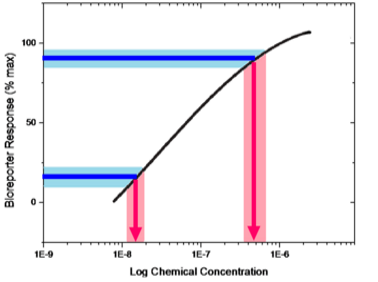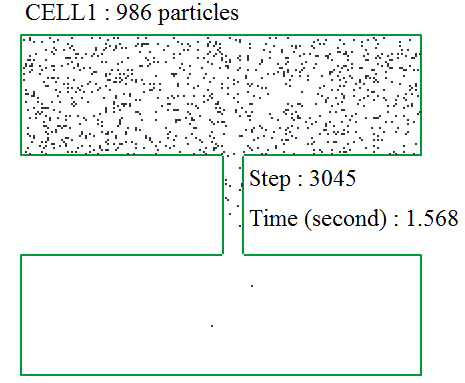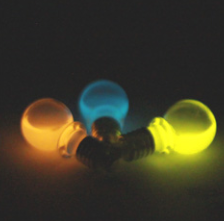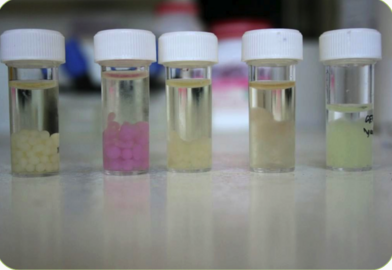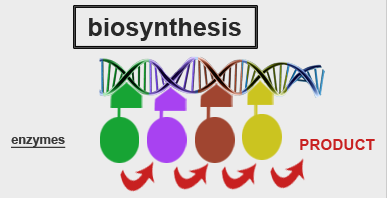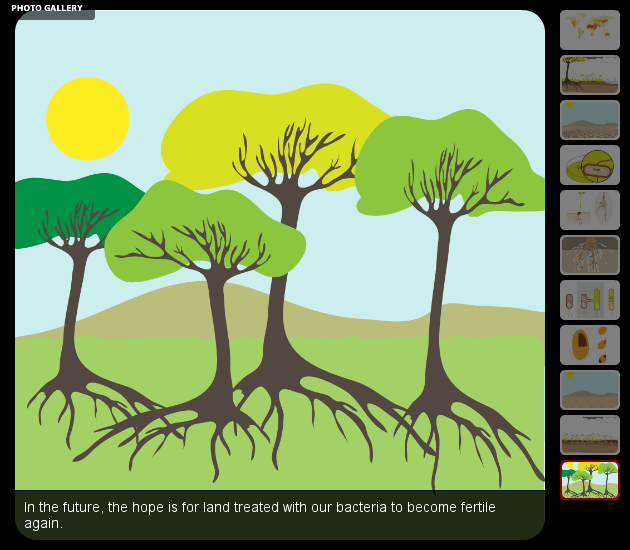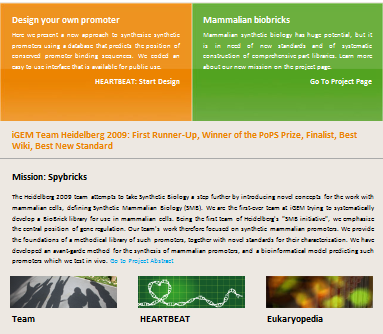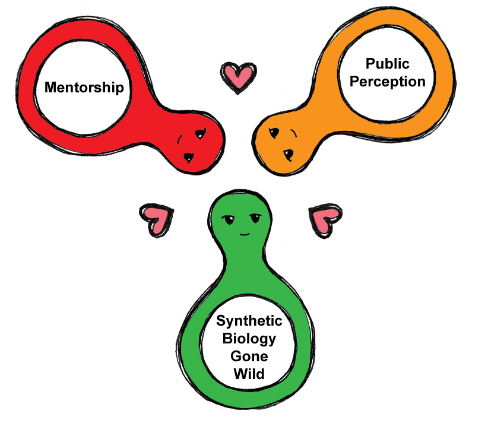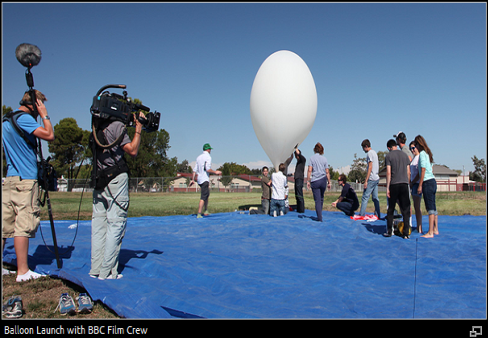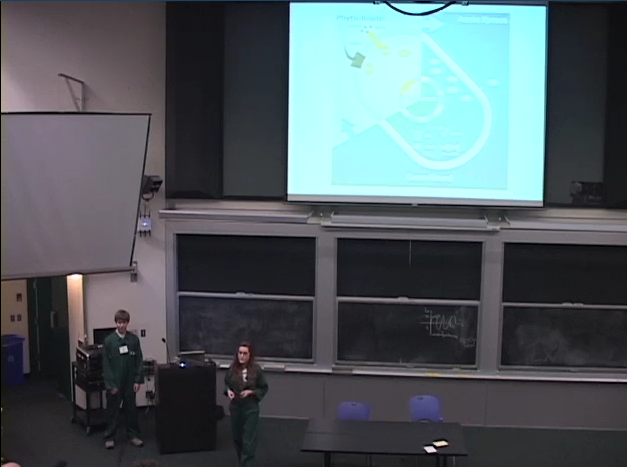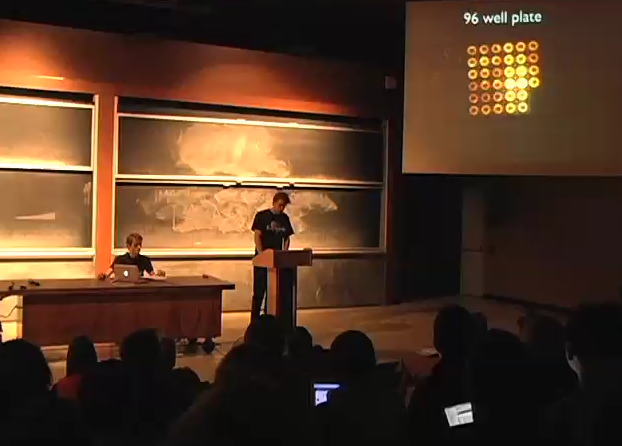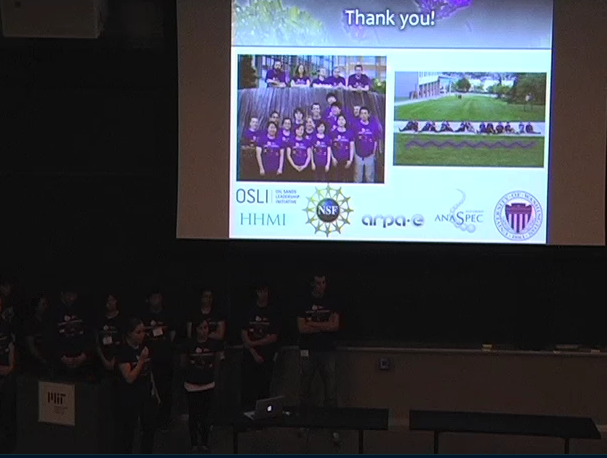Team:Peking/HumanPractice/HistoriciGEMProjectsReview
From 2012.igem.org

-
-
-
Summary
Sharing and learning from each other is one of the most important features of the iGEM competition, in that any lack of experience could be well ameliorated by studying the projects and the way of presenting them of other and/or previous teams.
We here present you with a collection and praise of historic iGEM projects. Though these projects selected may not comprehensively include all the meritorious projects of each aspect, we managed to introduce you some representative projects from different perspective. And we hope this collection might help iGEMers with their projects and presentations.
-
-
-
-
5 Meritorious Projects: Modeling
The first amazing modeling project for you is from Peking 2010 team. As they were endeavoring in the development of a sensing circuit for heavy metals, the linear range should be broad enough to include a change of several magnitudes. Taking an informative Biological Network Reverse Engineering approach to guide the circuit design, they were finally able to enhance the function to a next level.
Peking 2010
Then it comes to the modeling work of British Columbia of 2011. They have presented an example for an extension of traditional modeling. The protein structure alignment and the docking of the small molecule gave them information on what residues were responsible for the synthesis of terpene and thus for the synthase’s modification.
Brithsh Columbia 2011
In order to model the core repressilator system, Edinburg 2010 inventively utilized a stochastic agent and rule-based language called Kappa. In Kappa, proteins, DNA, and RNA are represented as agents that can be used to hold state or interact with other agents. And with kappa, they are able to assimilate the oscillation of the population of bacteria and the level of proteins.
Edinburgh 2010
What to taste something more than traditional dynamic modeling? Paris Bettencourt 2010 showed us an outstanding example of kinetic modeling and it came along with a real-time video illustration for readers to directly understand what is going on with the diffusion process.
Paris Bettencourt 2011
Only developing a set of functional beads is in itself incomplete, as the key to a useful tool is to let others characterize the beads in their own projects. And this originally developed software, BSim, is not only user-friendly, but also perfectly characterizes the behavior of their beads.
BCCS-Bristol 2010
-
-
-
-
5 Meritorious Projects: Demonstration
Colors and light should always be something attractive on an iGEM competition. And the Cambridge team of 2010 and 2009 certainly understand this and take it to their advantage.
Cambridge 2009
Their 2010 work of lightening cells with different luciferases and their 2009 work of transmitting different pigments of different colors are both applicable and charming projects for the competition. A simple array of colors and lights would just tell the whole story.
Cambridge 2010
Now here goes the project of Bristol 2010. The incorporation of engineered E. coli into beads will not only extend the territory of this biobrick, but also will help with possible commercialization. The combination of field application and lab design will always remain the most exciting part of iGEM!
BCCS-Bristol 2010
What would happen when electricity meets synthetic biology? Valencia 2009 team presented a wonderful combination of electrical engineering and voltage-sensitive cells. And the idea of iLCD gives a visual impact illustrating the characteristics of their biopart and the charm of interdisciplinary research.
Valencia 2009
DNA scaffold? Aligned proteins? Is ELISA the only way to characterize its function with those boring curves and numbers? The 2010 team of Slovenia said no! Spatially related fluorescent proteins would undergo a process called Fluorescent Resonance Energy Transfer. And seeing the emission of fluorescence sure catches more intention then those curves, right?
Slovenia 2010
-
-
-
-
5 Meritorious Projects: Wiki
Completely lost when you are looking for some specific information in a wiki? Paris 2011 says a good navigation system would help. Though text and photos are garbled at the front-page , this wiki enjoys an elegant design in its navigation bar, which is not only informative, but also convenient for users from all kinds of backgrounds.
Paris Bettencourt 2011
As for the elegant wiki of Washington 2011, people would be touched by first sight. Explicit illustration at frontpage not only avoids prolonged texture and makes the whole page more compact, but also eased the tension of serious scientific research. If you want an eye-catching and informative wiki, this is it!
Washington 2011
Other styles also convey their stories effectively, such as the wiki of Imperial College London 2011. The introduction of a rotating gallery containing each individual module of the whole wiki also saves space, but this format requires inclusive consideration on timing, picture choosing and more efficient wording.
Imperial College London 2011
Aesthetics is another core element come to a wiki constructor’s mind. And the wiki of Heidelberg in 2009 serves as a good example. The usage of pure-color squares and the combination of carefully aligned, differently sized squares gives out an impression of well organization and explicitness.
Heidelberg 2009
Well, a wiki does not come out of nowhere. Good coding not only guarantees a good wiki website but also facilitates those who want to learn from the wiki’s construction. For those teams who wrote their own codes and constructed their own system of wiki, their wiki should be highly appreciated and honored. By the way, this year, Peking's Wiki System is also written by ourselves, character by character!
Cambridge 2011
-
-
-
-
5 Meritorious Projects: Human Practice
Want to have your voice heard by more people? Imperial College London team of 2011 did it. Collaboration and exchange of ideas remain the most exciting and acitiveactive elements of a competition like iGEM, while this is also a core quality of future scientists.
And their Radio iGEM is a new platform for fun and understanding each other.Imperial College London 2011
If you want to conduct a comprehensive and meaningful human practice project, British Columbia team of 2011 tells you how to do that. As a burgeoning field of study, synthetic biology not only asks for wild imaginations but also active and motivated new participants, this ternary human practice project includes both and more.
British Columbia 2011
Can flying a balloon help with the spread of synthetic biology? Sounds weird. But what if this is done in front of the camera of BBC? In their endeavor to broaden the impact of synthetic biology, the iGEMers of Brown-Stanford 2011 took it to the next level: BBC interviews and Maker Faire NYC. This is sure something big.
Brown-Stanford 2011
Some team may complain about a lack of opportunities for them to arrange activities like those mentioned just now. Don’t worry, investigation and survey can also win attention! For those teams more focusing on investigations rather than outreaching activities, this project could be of great inspiration.
NYC Wetware 2011
How to present your human practice projects? And to what extent should our concern extend?
For the 1st question: film it! For the 2nd question: how synthetic biology could help with the most serious problems of human. Go visit the wiki of imperial college London 2010 to find more!Imperial College London 2010
-
-
-
-
5 Meritorious Projects: Presentation
How should incorporate the work of modeling into the whole story? Imperial College London 2010 has a solution. Their presentation is a wonderful combination of wet and dry lab in the presentation.
And a piece of video of suitable timing can convey different information in a different way.Imperial College London 2010
As for the presentation of the same college, but in the year of 2011, they have other advantages. Pellucid logic with inviting skills of introducing a project from its origin to its achievement, from problem faced to their solutions.
They have presented a perfect example of clothing on stage, relative to their subject..Imperial College London 2011
What if each module contains rather professional knowledge that makes it difficult to be accomplished by one or two narrators?
The presentation of Cambridge team of 2009 would be an example to illustrate interdisciplinary cooperation and divisionCambridge 2009
Again, aesthetics also matters in your slides! Wondering about how to match colors and set a suitable background? Here we see reasonable color matching of slides (black background is always the best choice for projects about light), and so much enthusiasm and team work in this very presentation.
Cambridge 2010
Defending yourself is also very important in the whole process. No one wants an anticlimax at the time of Q & A.
Here we show you one of the good examples of excellent defense, where they encountered different questions and tackled them elegantly.Washington 2011
-
 "
"


























































